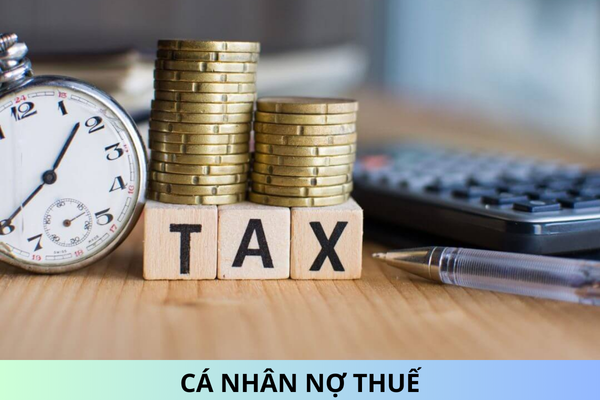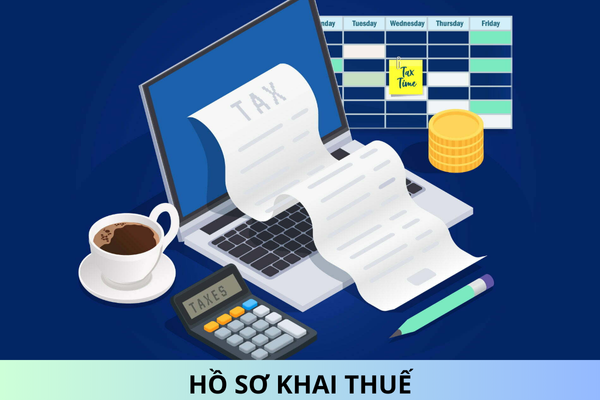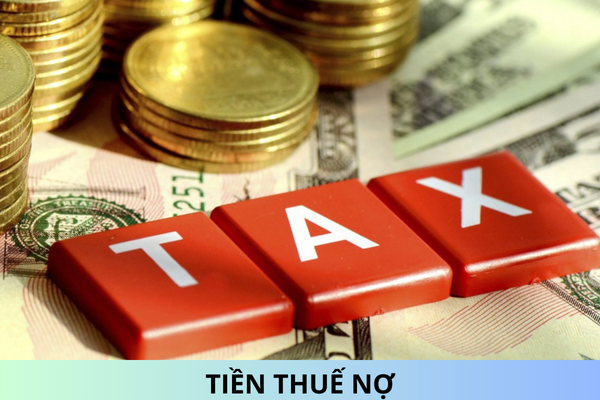State-Held Enterprises with Over 50% Charter Capital: Are They Considered State-Owned Enterprises?
Currently, according to Clause 8 Article 4 of the Law on Enterprises 2014:
A state-owned enterprise is an enterprise in which the State holds 100% of the charter capital.
However, from January 1, 2021, when the Law on Enterprises 2020 takes effect, the ratio of capital in state-owned enterprises has changed. Specifically, according to Article 88 of this Law:
State-owned enterprises are organized and managed in the form of limited liability companies, joint-stock companies, including:
- Enterprises in which the State holds 100% of the charter capital;
- Enterprises in which the State holds more than 50% of the charter capital or the total number of voting shares, except for enterprises specified at point a, clause 1 of this Article.
On the other hand, according to Clause 3 Article 88 of the Law on Enterprises 2020, enterprises in which the State holds more than 50% of the charter capital or the total number of voting shares as prescribed above include:
- Limited liability companies with two or more members, joint-stock companies in which the State holds more than 50% of the charter capital, total number of voting shares which are the parent company of economic corporations, parent company of state corporations, parent company in the group of parent company - subsidiary company;
- Limited liability companies with two or more members, joint-stock companies which are independent companies in which the State holds more than 50% of the charter capital, total number of voting shares.
Thus, from now on, limited liability companies with two or more members in which the State holds more than 50% of the charter capital are considered state-owned enterprises (instead of having to hold 100% of the charter capital) as before.
Respectfully!










